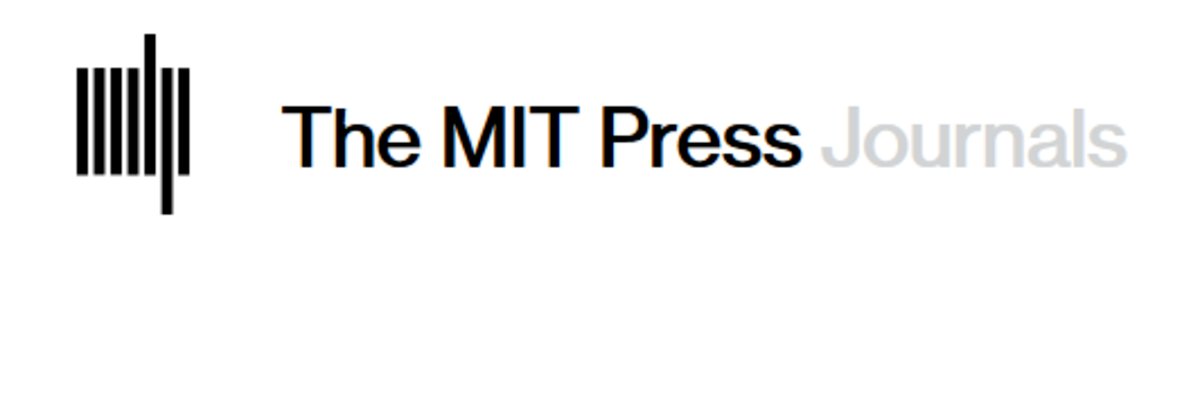
The Review of Economics and Statistics (REStat)
@restatjournal
REStat is a 100-year-old general journal of economics. Edited at @Kennedy_School, the Review shares empirical & theoretical contributions for a wide readership.
Just Accepted new paper, “Managing Inequality: Manager-Specific Wage Premiums and Selection in the Managerial Labor Market” by Alex Xi He and Daniel le Maire zurl.co/9OuxQ
Leveraging the quasi-random assignment of investigators, the authors show that foster care reduces later-in-life crime. Just Accepted new paper by E. Jason Baron @jasonbaron4 and Max Gross zurl.co/KDMa7
The threat of public ratings prompted intermediaries to improve job quality for migrant workers. Just Accepted new paper by A. Nilesh Fernando @nileshfern and Niharika Singh zurl.co/CUENe
How to evaluate early-pandemic policies given limited availability of Covid-19 tests. In the May issue, by Brantly Callaway and Tong Li zurl.co/HpZEE
In the May issue, “Inaccurate Statistical Discrimination: An Identification Problem” by J. Aislinn Bohren, Kareem Haggag, Alex Imas, and Devin G. Pope zurl.co/NOhgg
Guidance on how to analyze and design experiments with factorial designs (or cross-cuts). In the May issue, by Karthik Muralidharan (@karthik_econ), Mauricio Romero (@marome1), and Kaspar Wüthrich (@wuthrich_k) zurl.co/uG70N
Lead poisoning has shaped the distribution of violent crime, the structure of cities, and racial segregation. In the May issue, by Federico Curci (@fede_curci) and Federico Masera (@masera_federico) zurl.co/TPjLU
The mere suspicion of cheating changes fairness views considerably and leads to a strong polarization. In the May issue, by Stefania Bortolotti (@Borty_ste), Ivan Soraperra, Matthias Sutter (@MattSutter_MPI), and Claudia Zoller (@claudia_zoller). zurl.co/jgEjU
Training farmers and exporters together improves technology adoption via stronger buyer-supplier relationship. In the May issue, by Sangyoon Park, Zhaoneng Yuan, and Hongsong Zhang zurl.co/R9QmF
In the May issue, "Stable Income, Stable Family" by Jason M. Lindo, Krishna Regmi, and Isaac D. Swensen zurl.co/VrOmk
New evidence on U.S. corporate elites' use of campaign contributions as a tool of political influence. In the May issue, by Edoardo Teso, (@edoardoteso) zurl.co/z3tpG
Patenting in the 1920s was higher in cities with longer lockdowns during the 1918 Flu Pandemic. In the May issue, by E. Berkes (@enrico_berkes), O. Deschênes (@O_Deschenes), R. Gaetani (@ruben_gaetani), J. Lin (@jeffrlin), and C. Severen (@ChrisSeveren) zurl.co/LITqJ
An experimental study on procurement uncovers a trade-off between auction's complexity and efficiency. In the May issue, by Riccardo Camboni, Luca Corazzini, Stefano Galavotti, and Paola Valbonesi zurl.co/HWlJm
Healthy food subsidies are more effective when delivered with an enforced waiting period and shopper agency. In the May issue, by Andy Brownback (@ABrownback), Alex Imas (@alexoimas), and Michael A. Kuhn (@mikeanton13) zurl.co/Op0WR
In the May issue, "Testing for Salience Effects in Choices under Risk" by Carsten S. Nielsen, Alexander C. Sebald, and Peter N. Sørensen zurl.co/PUquu
Climate change-related wildfire exposure leads voters to support more redistributionist and green policies. In the May issue, by Michael Coury (@_mikes_mic) zurl.co/XaqaR
Idiosyncratic shocks matter less for the business cycle when large firms are less volatile than small firms. In the May issue, by Chen Yeh. zurl.co/IG6mb
Many cities are banning natural gas for new homes. How much will this cost? In the May issue, by Lucas W. Davis (@energyathaas) zurl.co/ylzS6
In the May issue, "Is Mobile Money Changing Rural Africa? Evidence from a Field Experiment" by Cátia Batista and Pedro C. Vicente zurl.co/2QJz7
Short(er) confidence intervals by incorporating sign restrictions on control variable coefficients. In the May issue, by Philipp Ketz and Adam McCloskey zurl.co/hDLvw